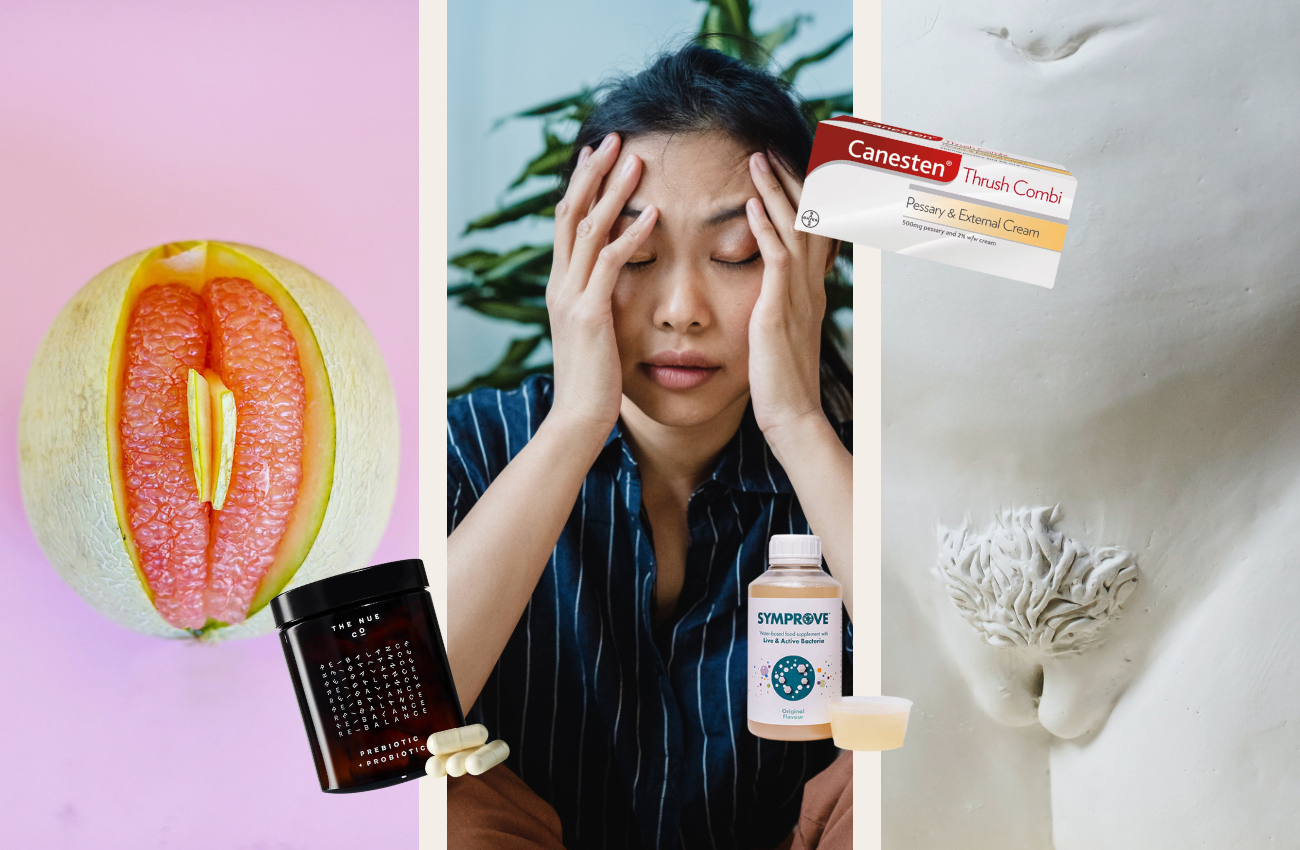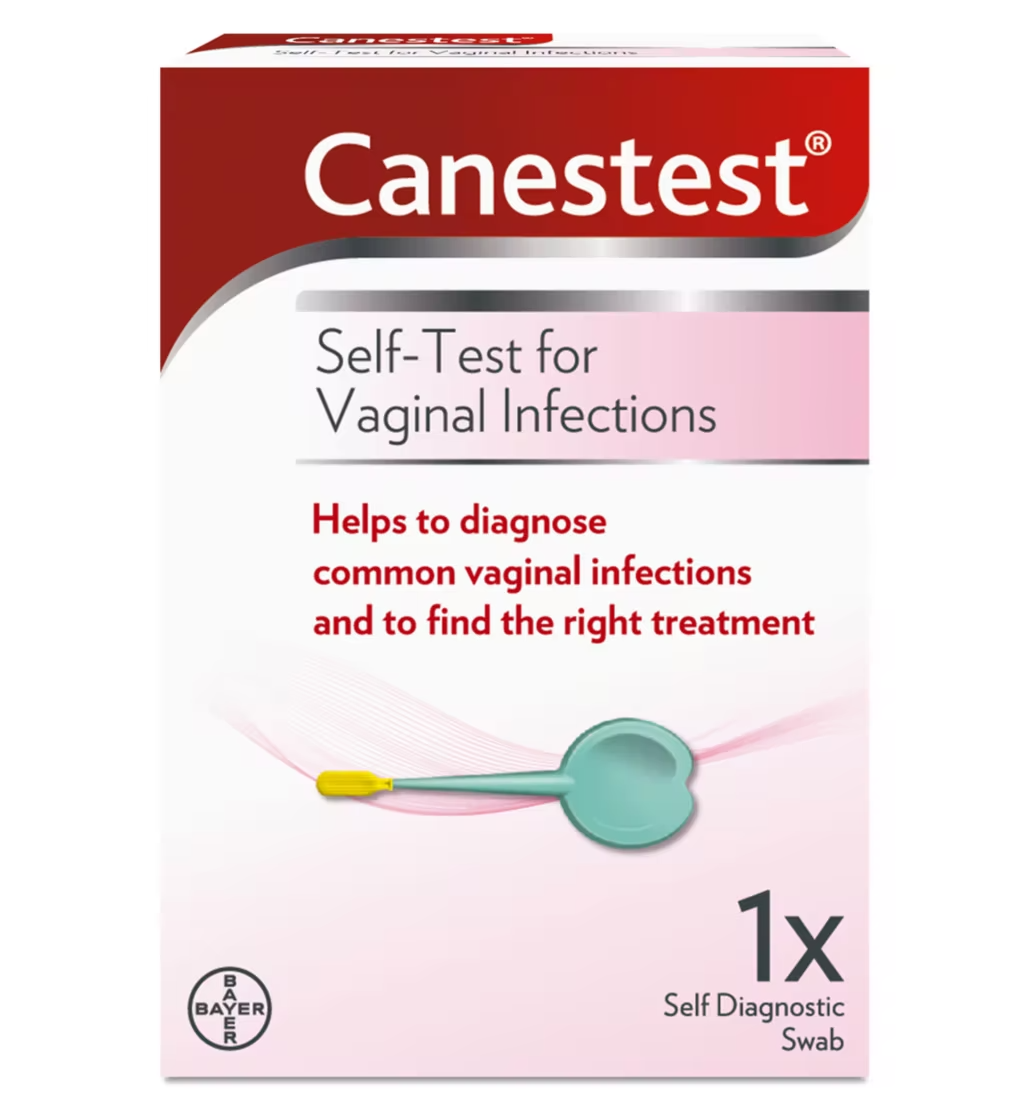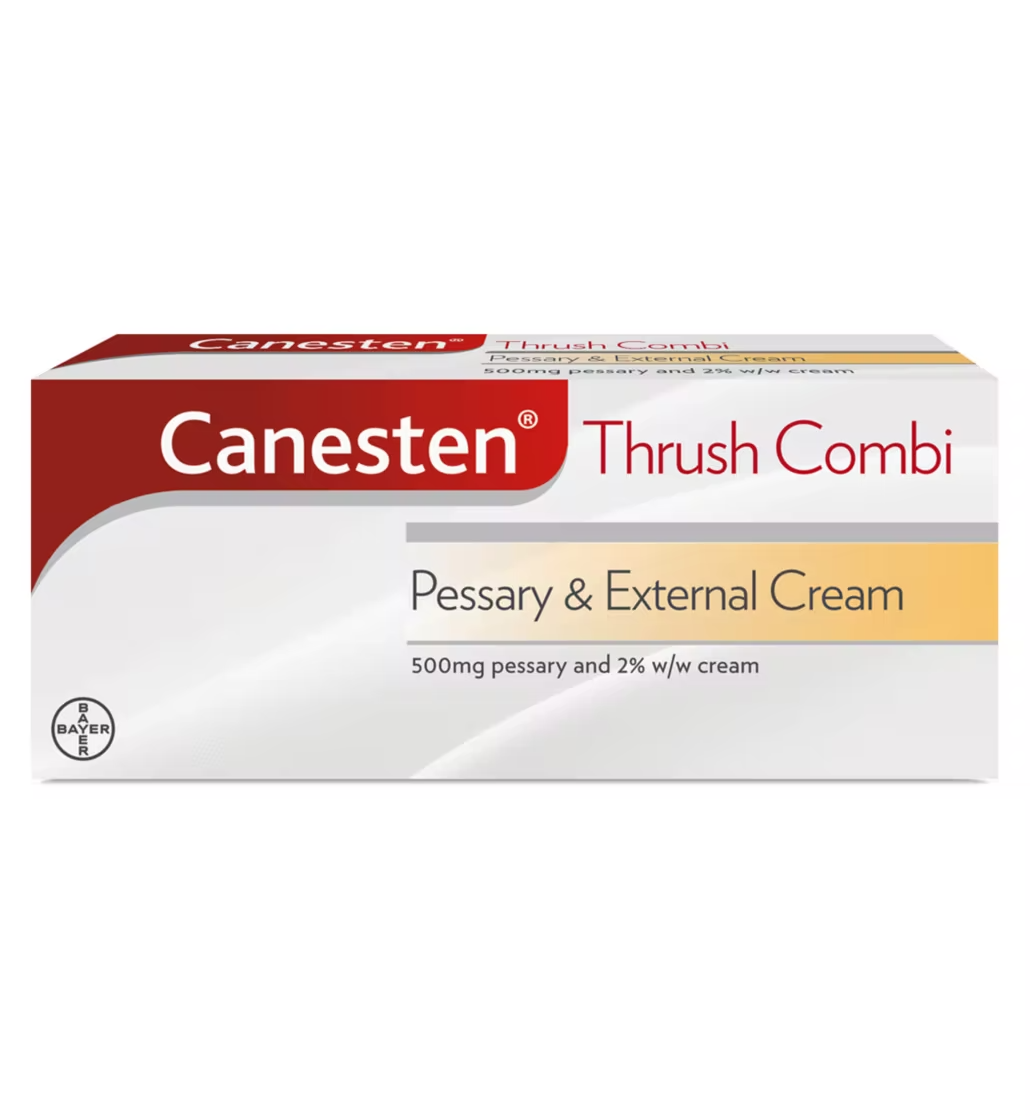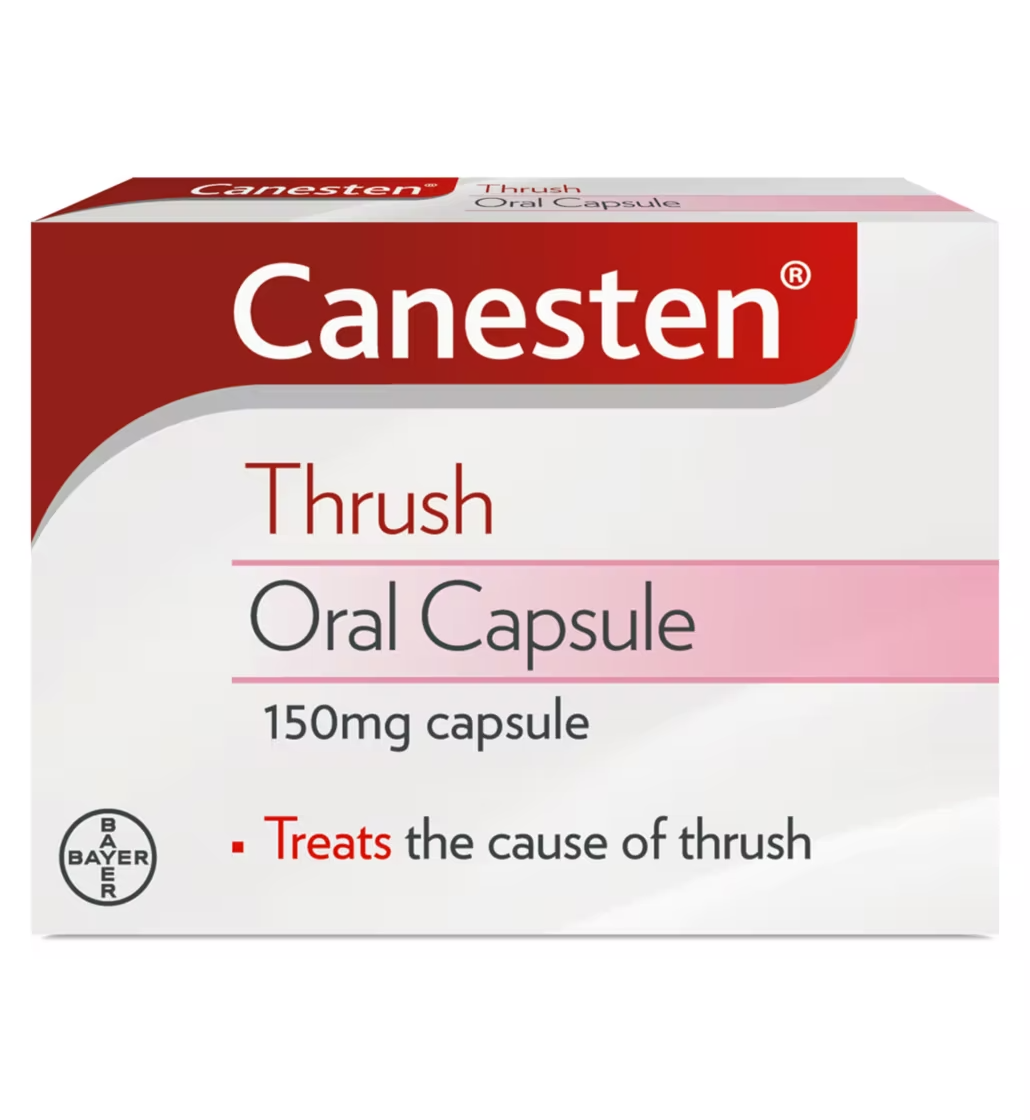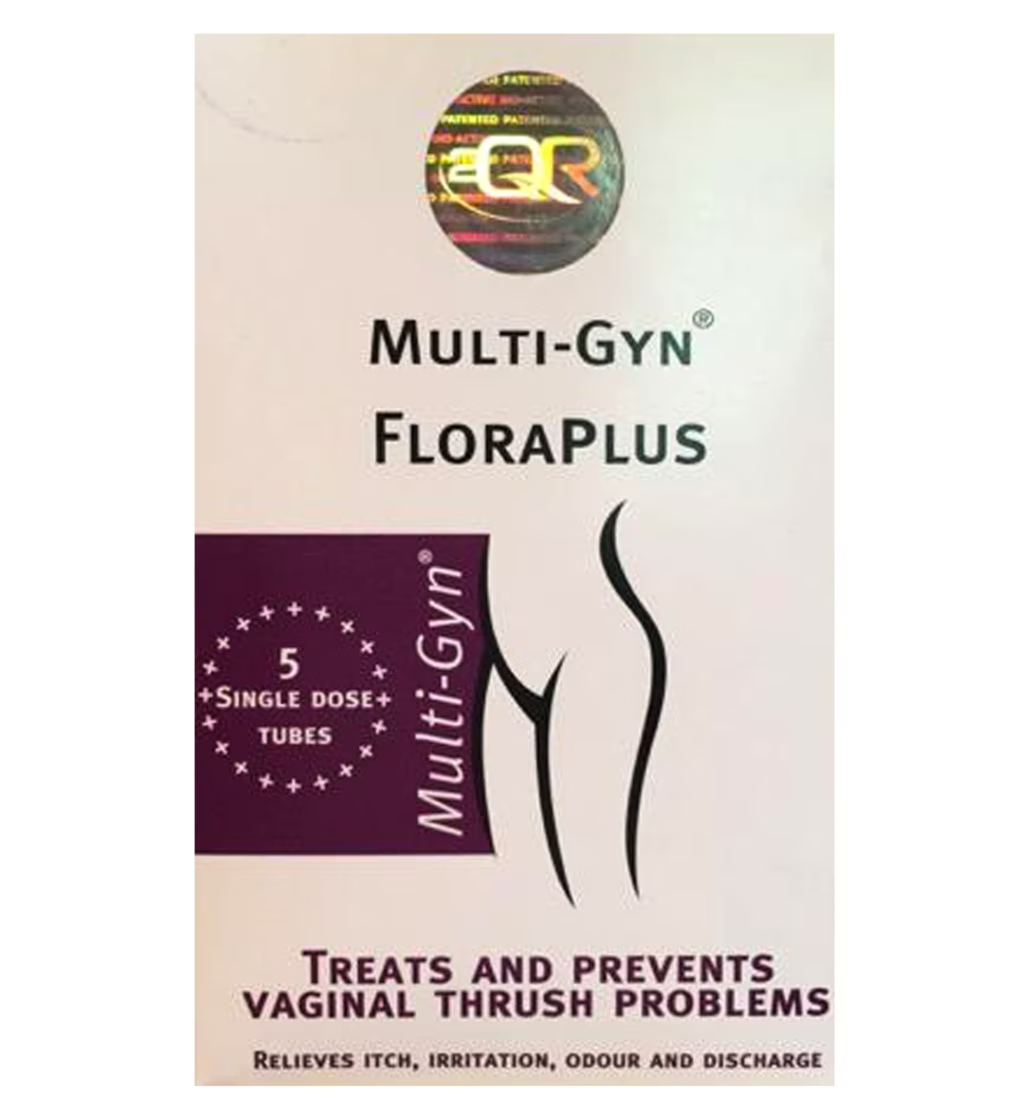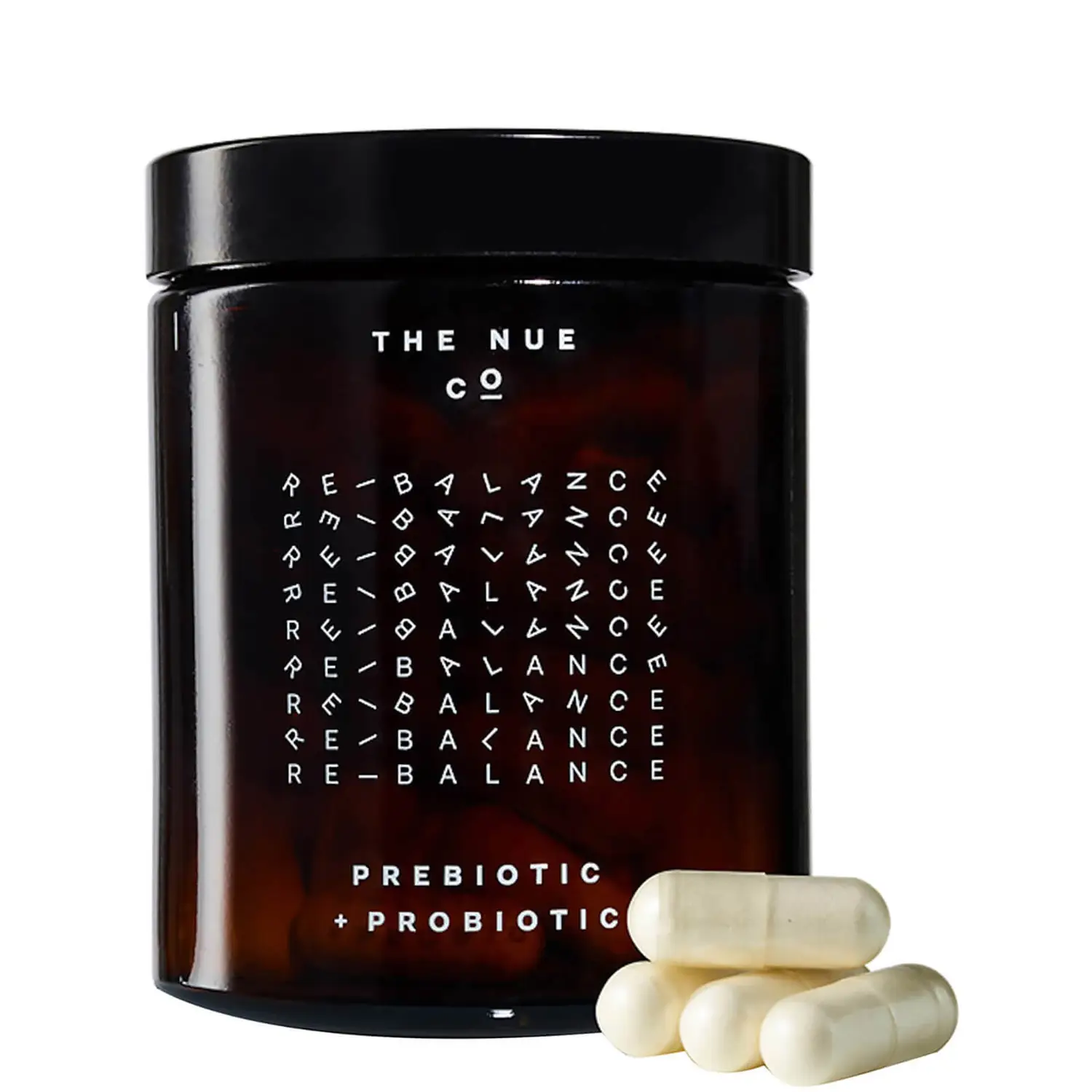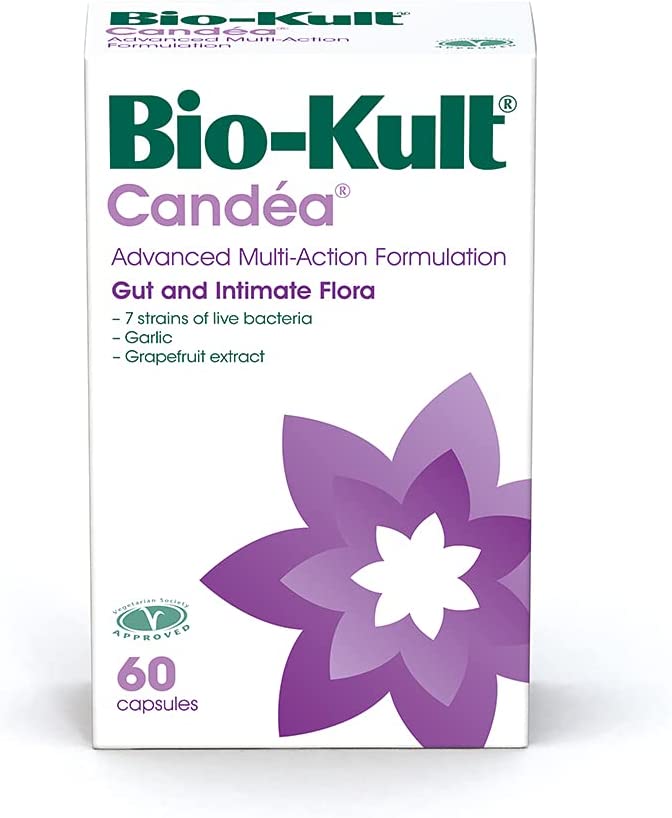When it comes to being a woman, vaginal thrush is pretty high up on the list of dreaded ailments. And although many women have sadly been made to feel ashamed, thrush in women is completely normal – and a natural part of being a woman! Thrush is one of those things most of us will get during our lifetime (up to 75% of women will get it at least once). To take away the stigma, we thought we would compile everything you need to know about vaginal thrush. From causes, to treatment and prevention, we’ve got you covered.
What is thrush?
Thrush is a yeast infection caused by an overgrowth of Candida albicans which occurs in both men and women. The reason we associate it more with a feminine issue is because we are more prone to this than men. Candida lives naturally in our bowels and in smaller quantity in our vagina. When our microbiome gets out of whack, Candida becomes an opportunist and takes over.
What causes thrush?
Here’s the thing, we all have Candida albicans in our body. But what produces the symptoms commonly known as thrush, is an overgrowth of this yeast.
Our vaginas are a balance and often fragile ecosystem made up of a good bacteria which helps keep it all in check: Lactobacillus. Just like our gut, this vaginal microbiome can quickly be thrown out of whack by a variety of factors. This includes menstrual cycle, stress, nutrition, pregnancy, sickness, medicine such as antibiotics or sexual contact. This unbalance and lack of good bacteria means yeast takes over (or in the case of bacterial vaginosis, bad bacteria).
What are thrush symptoms?
When it comes to everything you need to know about vaginal thrush, recognising symptoms is pretty key. Thrush symptoms in women often start with an itch. Now this itch is not like the itch you get from vaginal dryness. It’s relentless and very uncomfortable, to the point where it can be difficult getting to sleep. This is often accompanied by a white abnormal and clumpy discharge (a bit like cottage cheese). You labia and vulva often get very swollen and red which makes sex and urination painful. Unlike bacterial vaginosis which is accompanied by a very unpleasant smell, yeast infection comes with a very mild smell.
If you’re unsure whether you’re dealing with thrush or BV, Canesten have a very handy little test. If you’re still unsure, you can speak to your GP.
How do you treat thrush?
The good news is treatment of thrush is readily available and works very quickly. Canesten are the leaders in the market and offer a variety of treatments. From creams, to oral pills and pessaries.
If you’re after a more natural approach, you can also get prebiotics cream full of the Lactobacillus mentioned above to rebalance the vaginal microbiome. It has amazing reviews and works wonders at both treating and prevention which is why we’ve included it in our list of everything you need to know about vaginal thrush. This is also something that you can use daily whilst taking antibiotics to help prevent recurrence.
How to prevent thrush?
Cotton underwear
When it comes to preventing thrush, the first thing you can do is wear breathable cotton underwear. Breathable underwear is key to a healthy microbiome and prevention. If you’re going to wear synthetic underwear, try to not stay the whole day in them and don’t wear these to the gym.
Nutrition
Now this may seem basic but healthy eating and making sure you’re getting all your necessary vitamins and minerals can greatly help at preventing thrush and boosting your immune system (and many other ailments for that matter). Candida albicans also feeds off sugar so it’s a good idea to keep your blood sugar low whilst you’re going through a yeast infection or trying to prevent it. That’s also why people with diabetes are particularly at risk of developing thrush, So limiting your consumption of sugar (particularly refined sugar) as well as carbohydrates and increasing your intake of fresh vegetables is key.
Probiotics
This is another key tool in your arsenal against thrush and key to everything you need to know about vaginal thrush. As mentioned above, Candida albicans which causes thrush is opportunistic and the second you’re lacking in the good bacteria in your vaginal microbiome, the second it will take over. That’s also why many women report getting thrush following a course of antibiotics as this wipes away both bad and good bacteria alike (this also wipes away good bacteria in your gut which is key to a strong immune system).
Adding probiotic rich food in your diet such a yogurt (sure make sure there’s no added sugar) or fermented food (sauerkraut or kimchi) is a great way to make sure you get enough probiotics. You can also take probiotics supplements which a readily available online or on the high-street. Probiotics are particularly important if you’re currently taking antibiotics. Take your probiotics a few hours after your antibiotics and continue to take them for a few weeks after you finish your treatment to ensure you replenish what has been wiped away by antibiotics.
Vaginal Thrush and Sex
Thrush is not an STI or an STD however its recurrence if you’re sexually active could potentially indicate that your partner may have an overgrowth of yeast of their own which should also be treated even if they don’t particularly have symptoms. If you’re in a committed relationship, it’s important your’e both aware of everything you need to know about vaginal thrush. Friction during sex can also cause irritation and vaginal dryness can also lead to an imbalance of your vaginal microbiome and therefore cause thrush. So don’t shy away from using lubricants if you’re finding that’s the case!
You can still have sex during thrush although you may not want to due to discomfort. It’s also worth noting that many treatments such as local creams against thrush can lessen the reliability of latex in condoms.
Recurrent thrush
If you have tried all of the above tips to prevent thrush and you’re still finding yourself dealing with recurrent episodes, speak to a GP. Recurrent thrush could be a sign of immune system disorders, diabetes or you could have mistaken what you thought was thrush with an STI. GP’s will know best what to prescribe more appropriate treatments.
